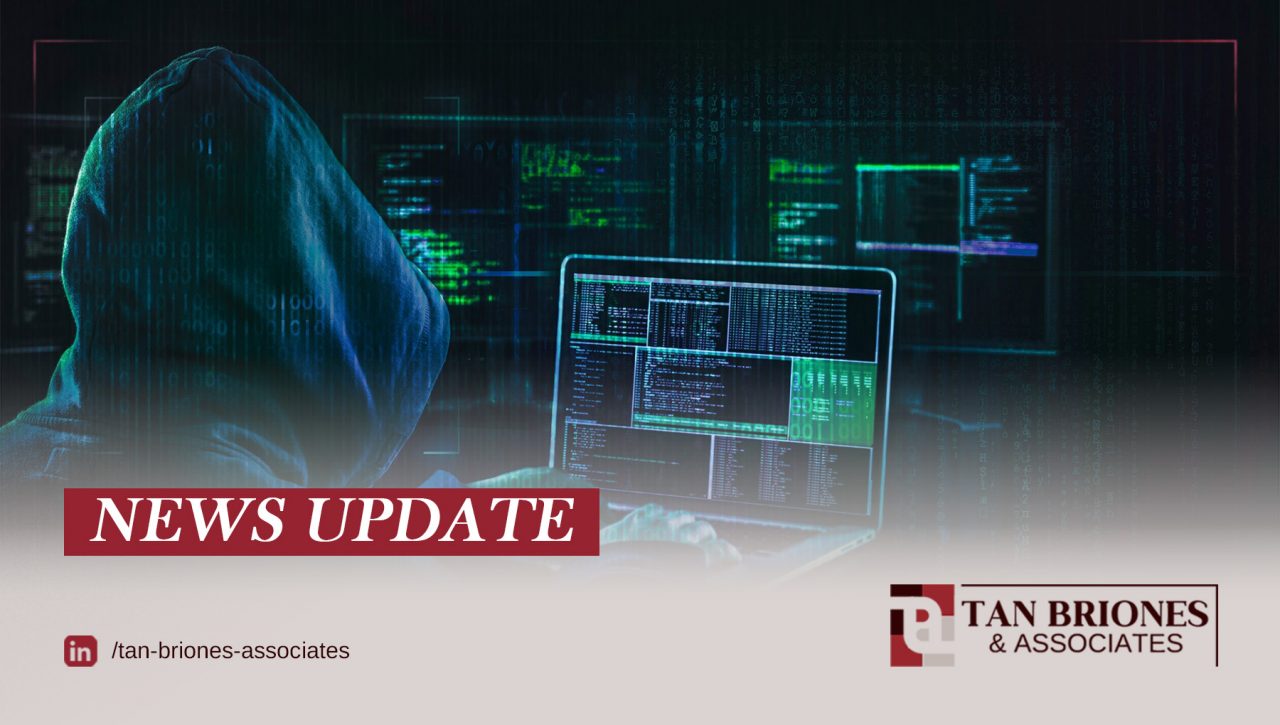
A proposed measure seeks to impose harsh penalties on foreign interference in the Philippines, including life imprisonment and multi-million peso fines, to protect national security.
Senate Bill No. 2951, filed by Senator Francis N. Tolentino, aims to update outdated laws on foreign agents, last revised in 1979, and establish stricter safeguards against external threats.
The measure proposes the creation of a Counter Foreign Interference Council (CFIC) to monitor and counteract foreign entities that infiltrate the country’s political, bureaucratic, and media sectors.
“The increasing concern of the government regarding potential foreign interference in the Philippines’ political and governmental affairs has prompted a deeper examination of the tactics and objectives employed by some wicked state actors,” Tolentino stated in his bill.
Foreign interference, including espionage, unauthorized influence over government decisions, and digital manipulation of public opinion, will be punishable by life imprisonment and fines ranging from ₱5 million to ₱10 million.
Individuals who aid or protect perpetrators may face up to 12 years in prison and fines between ₱2 million and ₱5 million, while public officials convicted of such crimes will receive the maximum penalty and be permanently disqualified from office.
Foreign nationals found guilty will be deported after serving their sentence and permanently banned from reentering the country.
The bill grants the CFIC, chaired by the Executive Secretary, the authority to issue Access Blocking Orders to direct internet service providers (ISPs) to restrict access to online content deemed a threat to national security or electoral integrity.
Non-compliance with an Access Blocking Order will result in a daily fine of ₱1 million, with a maximum penalty of ₱500 million.
Law enforcement agencies will be authorized to conduct surveillance on suspects, including intercepting and recording communications with court approval.
Special courts, known as Counter Foreign Interference Courts, will be established to expedite trials related to violations of the measure.
Foreign interference will be classified as an unlawful activity under the Anti-Money Laundering Act, giving the Anti-Money Laundering Council (AMLC) the authority to investigate financial transactions, freeze accounts, and seize assets linked to such crimes.
“Even the planning of foreign interference can incur penalties, thereby reinforcing the government’s commitment to protecting democratic processes from external influence,” Tolentino emphasized.
Follow Tan Briones & Associates on LinkedIn for more legal updates and law-related articles.







